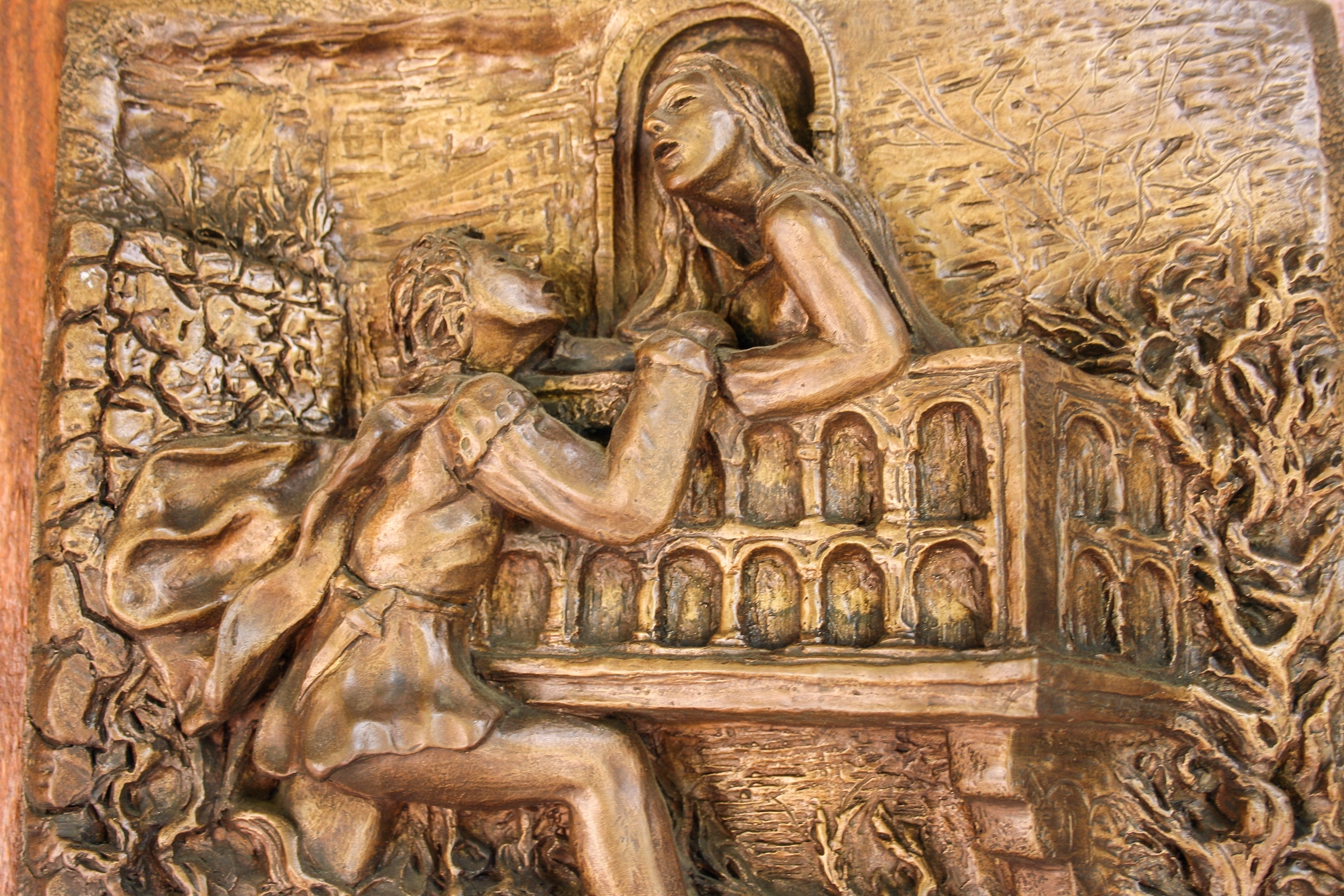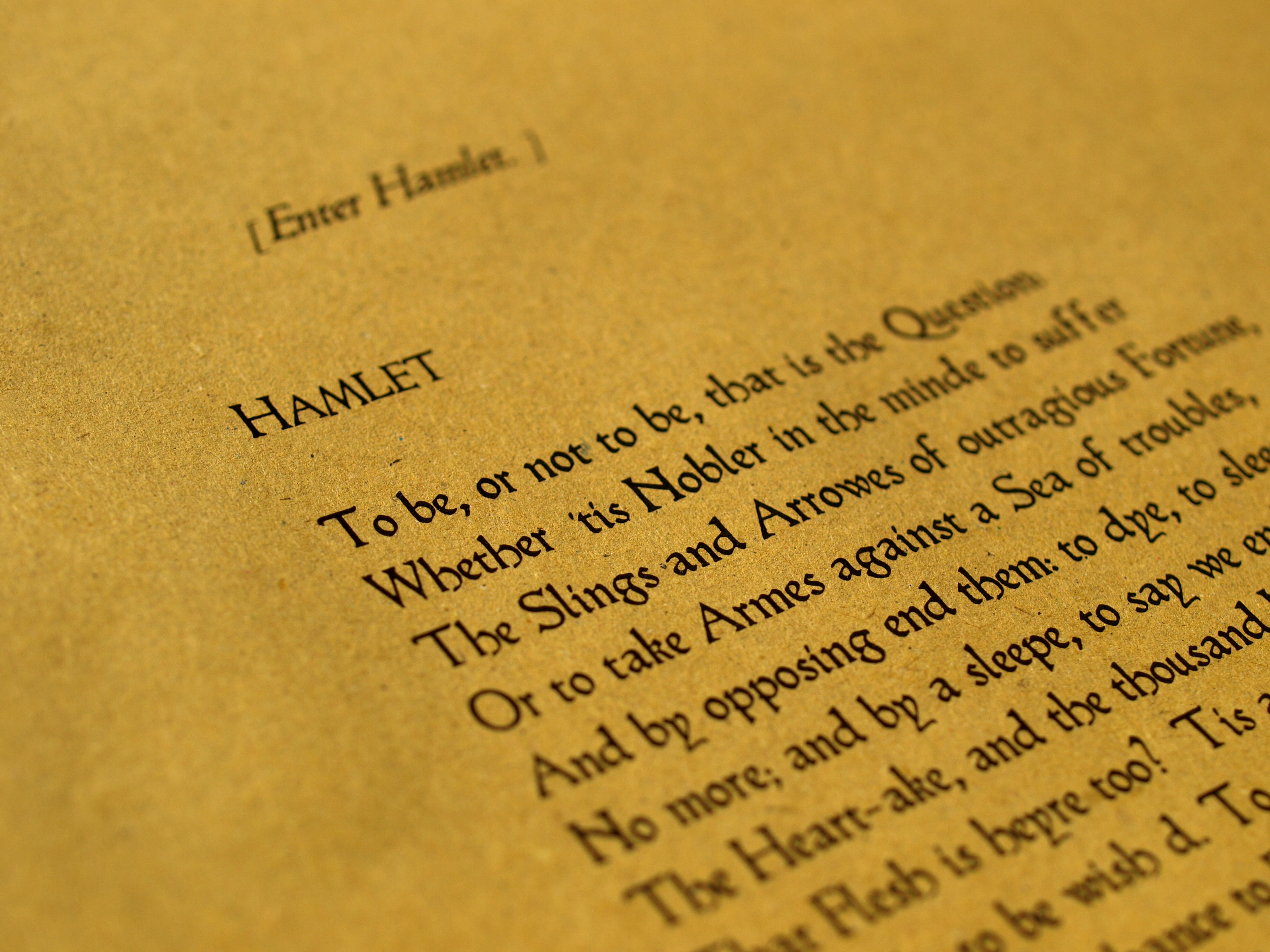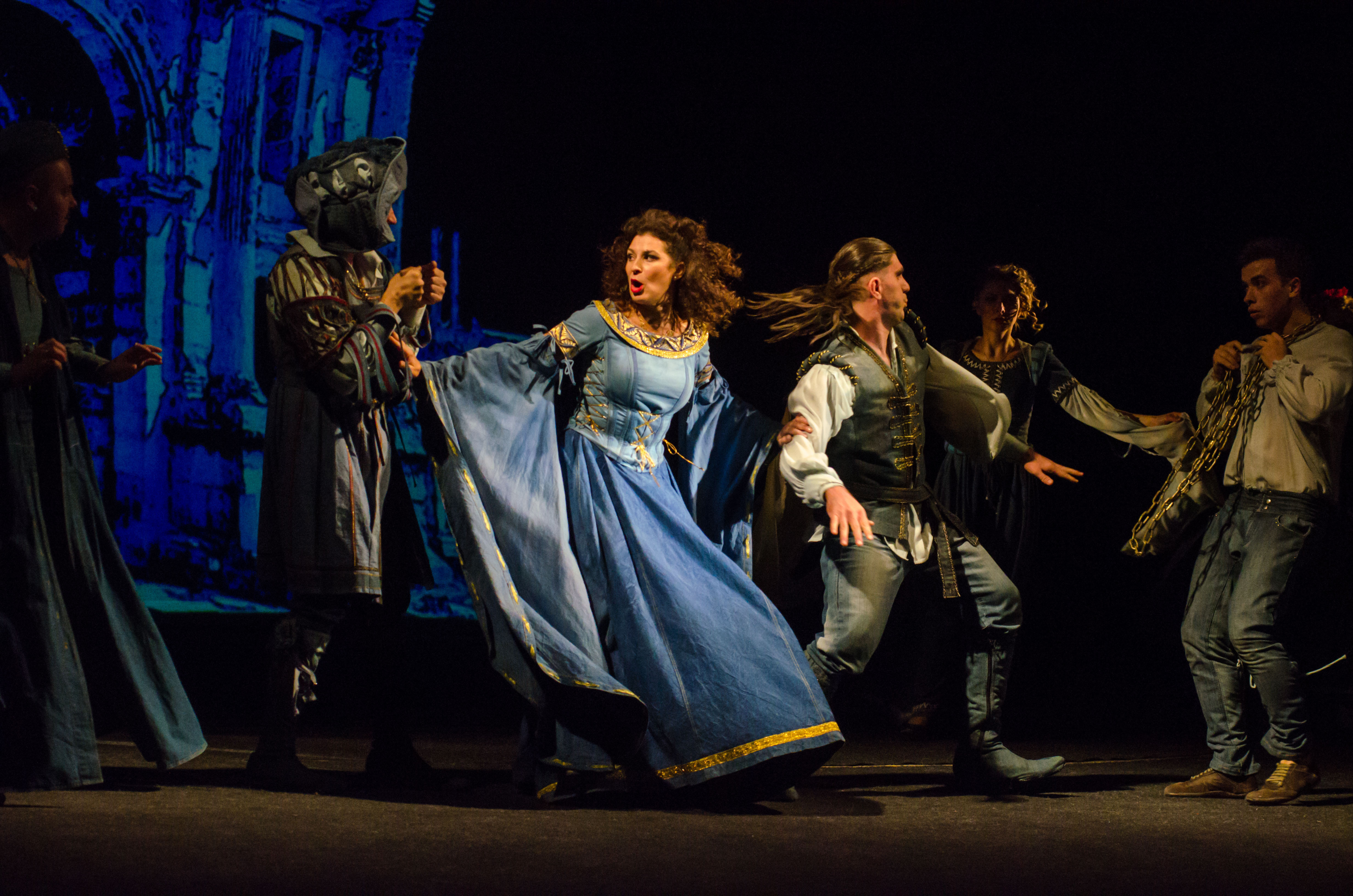There are many ways to approach Shakespeare’s presence. We can start by saying that Shakespeare’s a phenomenon. We don’t quite know why. For decades, many of us have been trying to understand: why Shakespeare? Certain things come to mind. The education system, one could say, imposes Shakespeare. Cultural hierarchy, in some ways, imposes Shakespeare.
For example, think of Romeo and Juliet. Many people have called Layla and Majnun, which is a similar story, the Romeo and Juliet of the East. Yet this story was written hundreds of years before Romeo and Juliet. So there’s no doubt that a cultural hierarchy exists. Shakespeare has a special status. Shakespeare is one of the most popular and respected writers around the world.


